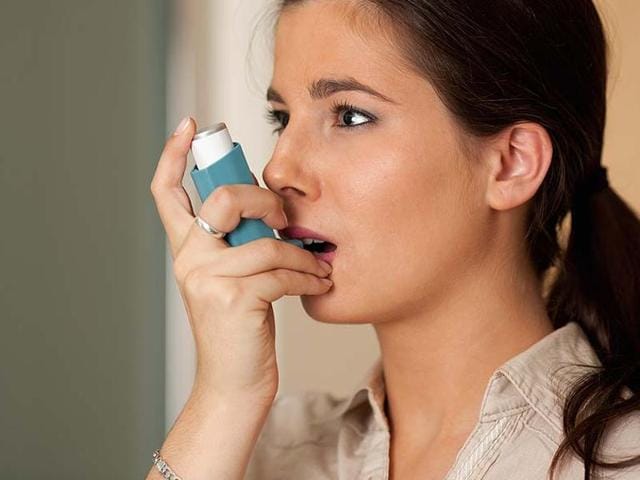At birth, I was diagnosed with asthma*. It became triggered by hypersensitive reactions, exercise, cigarette smoke, bloodlessness, and intense humidity. Around age 9, I started seeing allergies and allergy experts try to get it under control. I took a manipulated inhaler twice daily and a bronchial asthma control tablet. I had to deliver a rescue inhaler, using approximately four or five instances in a step within a week.
Later that equal year, I commenced tune lessons for the flute. Within six months of choosing the flute, my bronchial asthma became much less intense. The bronchial asthma expert I had seen yearly gave me breathing physical activities to work on. At age 12, I took off all daily allergy medicines and left with just my rescue inhaler, which I best used for outdoor sports activities and health club class. I performed college football and stuck with the track until I graduated at age 22. By then, I only needed to use my inhaler a few times in line with the week.
Flash forward to age 23. I was determined to hike the Appalachian Trail. By then, I had grown to be a complete couch potato, stopped gambling tune, and did not even do breathing physical activities anymore. I also had not stuffed my Albuterol inhaler prescription in approximately three years. I got a new inhaler only for the trial and had no idea what I was getting myself into. Thankfully, the physical breathing games have still been ingrained in me, and I used my inhaler during February and March of my seven-month thru-hike. I have spent nearly 25 years with persistent bronchial asthma, and here are a few ways I cope with it while hiking.

Tips for Dealing with Asthma While Hiking
Always carry your rescue inhaler, even if you don’t assume you’ll use it. If you’re trekking in a cold climate, keep your inhaler heat! Like your water filter, sleep with it and hold it in opposition to your body while hiking for the day. Hike your hike seriously. Take as many breaks as you want. If you start to experience wheezing, taking a breather is OK! Your fellow hikers will apprehend.
Pace yourself. Slowing down can make your bronchial asthma signs and symptoms much milder and provide the stamina you want to achieve your dreams. Don’t be scared of the snot rocket. We’re all hiker trash; they’re not gross. Keeping your nostril clean may differ between a dry, wheezy climb and breathing through your nostril uphill. Make positive your p.C. It is outfitted properly.
Anything that places weight on your chest or diaphragm can make respiratory tougher. Ensure your hip belt is adjusted well so that your chest strap supports your shoulder straps, not genuinely placing the burden onto your chest and neck. Work on your respiration even while you aren’t working. Pursed lip breathing and diaphragmatic respiration can help strengthen your lungs and diaphragm.
When you feel wheezing coming on the pre-allergies attack, discover a place to take a seat. Take the stress off your chest by removing your backpack and placing your arms on your thighs so that your center fingertips touch the tops of your knees. Then, try the breathing exercises above. Strengthening your respiration can help you in backpacking and hiking with bronchial asthma, but make sure you do it adequately. If you want your inhaler, use it. Seeking out a remedy from an asthma expert turned into an absolute recreation-changer. If you have coverage, benefit from it and spot an expert—asthma and allergic reaction or ear, nostril, and throat.
While conditioning my lungs helped me use my inhaler much less, it took me some years of everyday exercise to get to the point of no longer wanting it on every occasion I exercised, and I nevertheless bring it just in case. If you’re thinking about extended backpacking journeys or via-trekking and you’ve been recognized with bronchial asthma, see your medical doctor before you take off and ensure your inhaler hasn’t expired earlier than you go away.
Exercise-Induced Asthma
This is also one of the not unusual kinds of asthma, and it occurs normally in people who frequently practice heavy sporting activities. An important sign of this situation is coughing fits resulting from exercising heavily. So, you ought to reveal your coughs while you are exercising. When you figure out closely, your lungs lose the important moisture and warmth, resulting in asthmatic assaults and respiration difficulties.
Nocturnal Or Sleep-Related Asthma
Some unsurprising viable reasons for nocturnal or sleep-related allergies include gastroesophageal reflux disease, Allergens in the reduced room temperature, and Allergens in the bedroom. In these sorts of allergies, the asthma symptoms occur inside the patient at some point during the night hours. This can be a complete state of affairs, particularly for children experiencing this. You ought to consult your physician without delay if you word this.





